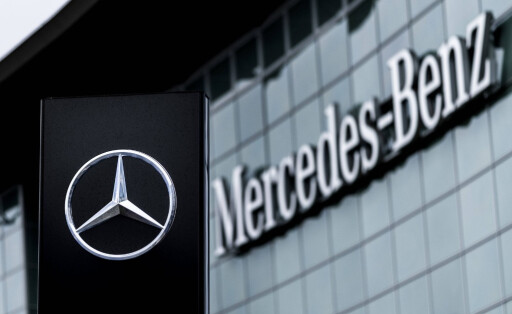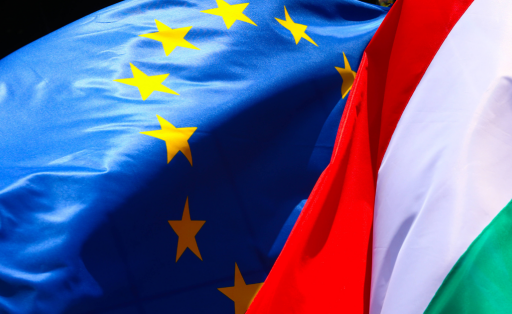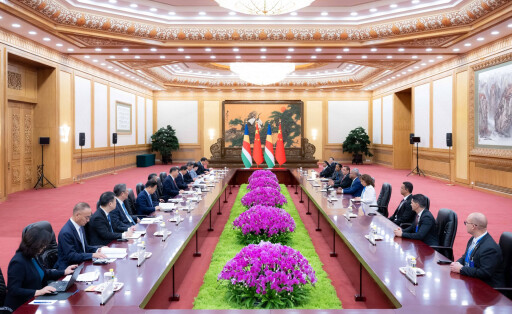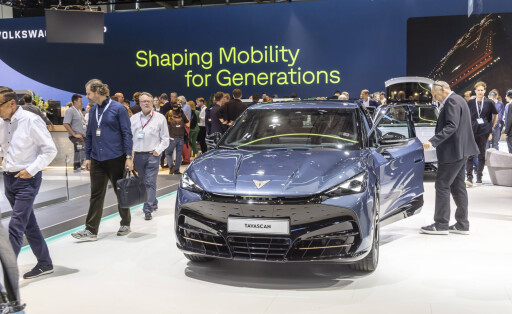
EVs: Mercedes invests €1.8 billion
No sign of de-risking: Mercedes-Benz is planning a €1.8 billion investment in China for the development of further EVs.
By Felix Lee

No sign of de-risking: Mercedes-Benz is planning a €1.8 billion investment in China for the development of further EVs.
By Felix Lee

Hungary would like to work more closely with Beijing on security issues. This has now brought the EU Commission onto the scene.
By Amelie Richter

At the start of the China-Africa Cooperation Forum, Chinese state media celebrate Xi Jinping as a "true friend of Africa". He himself calls for intensive cooperation, particularly in the extraction of raw materials and the expansion of infrastructure, and promises further loans.
By Felix Lee


China's manufacturing sector was largely based on the large number of migrant workers and high US demand. However, the USA is increasingly isolating itself from China. And the Chinese manufacturing industry is threatened with decline.
By Felix Lee

China is tightening controls on critical minerals. Experts expect further regulations for certain raw materials that are important for future sectors in the West in the future.
By Christiane Kuehl

China was a paradise for European luxury manufacturers. In the economic downturn, however, many Chinese are losing their appetite for expensive purchases. When they do buy, they prefer to do so on the gray market. Everyone is talking about the online platform Dewu.
By Jörn Petring

China has declared an anti-dumping investigation against Canadian rapeseed imports. This follows a familiar pattern. Beijing also responded with similar measures in response to the EU investigation into EVs.
By Christiane Kuehl

Gao Zhen is an internationally acclaimed artist. He and his brother critically explore China's history – especially Mao Zedong. This now proves fatal for him.
By Redaktion Table

In an interview with Reuters, Seat CEO Wayne Griffiths has rejected the EU's punitive tariffs against electric cars manufactured in China. He said the tariffs affect EVs produced in Anhui by its subsidiary brand Cupra, making them too expensive.
By Redaktion Table